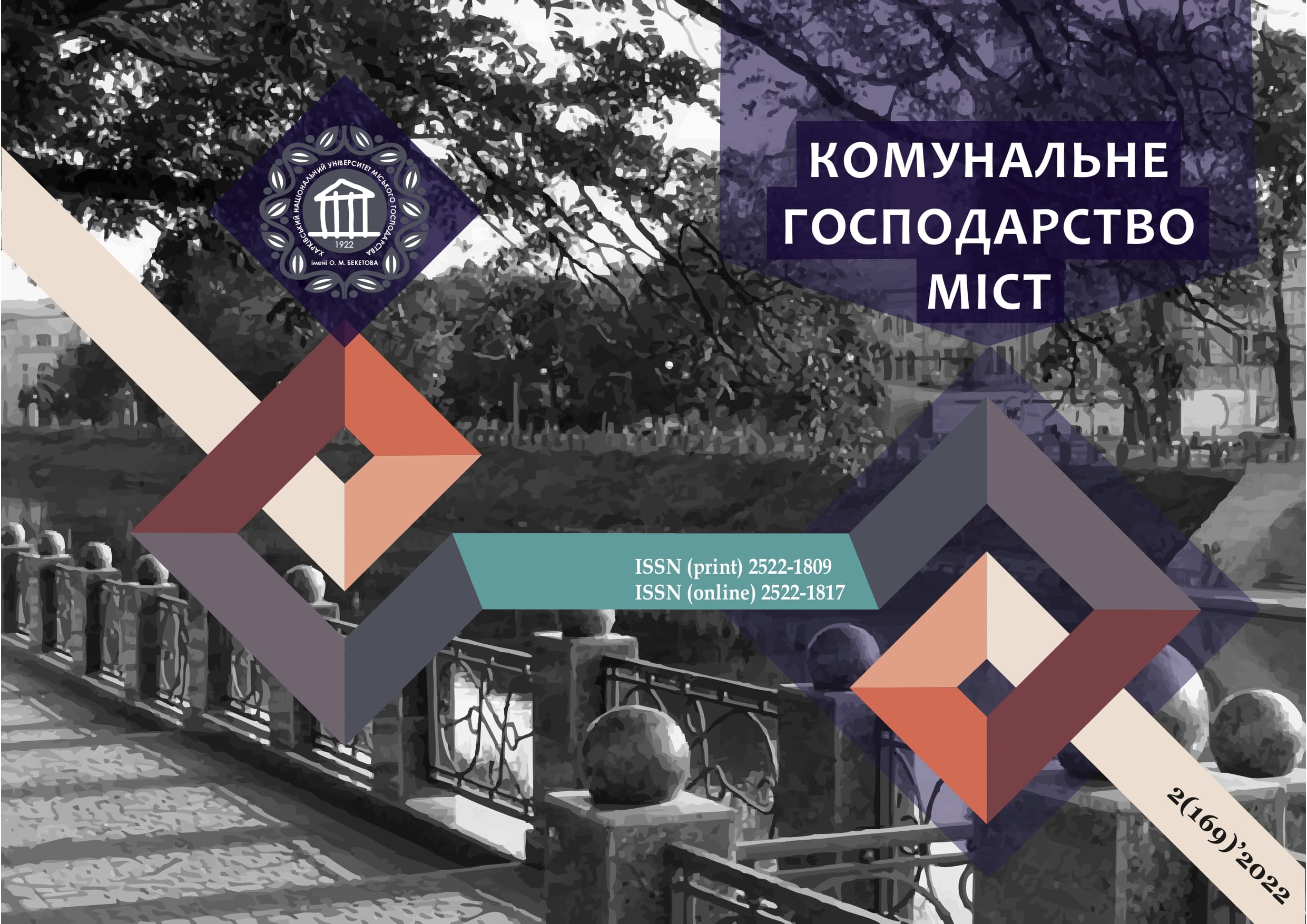EDUCATION AS A TOOL TO IMPROVE THE COMPETITIVENESS OF THE ECONOMY
DOI:
https://doi.org/10.33042/2522-1809-2022-2-169-7-14Keywords:
education, knowledge, thinking, mind, consciousness, manipulation, management of society, human potential, competitiveness.Abstract
The article considers the interaction of education and all spheres of public life. It is shown that education has lost its natural role and is used as a tool of society management. Ideological government is implementing the concept developed in favor of the powerful, using information flows in which education is of paramount importance. Organized in this way, the education system is an important element of manipulation technologies, so that society is programmed to certain actions to maintain the established order. The article reveals that the degree of influence on human consciousness depends on the level of human education.
The degradation of education covers the whole world. This requires rethinking the meaning and essence of education, returning it to its former natural functions. The article shows that the formation of an adequate education system is possible only if it is reformed and attracts investment in this strategically important sector, which can raise the economy to a much higher level of development and competitiveness.
Only the sphere of the mind can indicate the way out of this situation. The article proposes ways of reforming education by existing forces and knowledge, counteraction at the level of ideas and meanings.
In the formation of a new education system it is proposed: to increase the availability of quality education; reorientation to human training in rapidly changing conditions with intensive development of social and economic processes; preserving the fundamentals of education in becoming a mature, socially responsible citizen; introduction of continuing education with competencies, methodology and culture of independent cognition, self-development, the desire to increase individual potential through the acquisition of new knowledge and skills; ensuring the advanced nature of the development of education, its focus on the demands and values of future civilization, which will meet its true essential functions. This will help society to resist manipulation, create positive useful ideas, knowledge, innovations and inventions, strengthen the sovereignty of countries, their positions on the world stage and increase the competitiveness of their economies.
References
Berveno, O.V. (2013). Obrazovanie kak dominantnaya sfera razvitiya chelovecheskogo potenciala. Vestnik HNU, 86, 16–19. [in Russian]
Berveno, O.V. (2014). Paradigmy ekonomicheskogo obrazovaniya. Vіsnik Naczіonal`nogo unіversitetu «Yuridichna akademіya Ukrainy іmenі Yaroslava Mudrogo». Serіya: Ekonomіchna teorіya ta parvo, 3(18), 123–135. [in Russian]
Broniczkaya, V.V. (2009). Obrazovanie v sisteme duhovnogo proizvodstva. Social`naya ekonomika, 3–4, 104–109. [in Russian]
Zadorozhnyj, G.V. (2008). Glamur ekonomicheskoj nauki kak vy`holashhivanie sushhnostnoj racional`nosti. Social`naya ekonomika, 1–2, 16–41. [in Russian]
Kol`chugina, M.B. (2012). «Novoj ekonomike» – novoe obrazovanie. Mirovaya ekonomika i mezhdunarodnye otnosheniya, 3, 42–53. [in Russian]
Moskvina, A.O. (2006). Myshlenie cheloveka kak ishodnaya tochka razvitiya. Chelovecheskij potencial modernizacii (Strategiya operezhayushhego razvitiya – 2006): Doklady i vy`stupleniya, 373–374.
Moskvina, A.O., Kucyna, L.V. (2006). Manipulyaciya chelovecheskim soznaniem kak istochnik vlasti. Social`naya ekonomika, 1–2, 73–79. [in Russian]
Moskvina, A.O., Saltykova, A.R. (2019). Osvita yak dominuiuchyi faktor stvorennia liudskoho kapitalu rehionu v suchasnykh umovakh oriientatsii na innovatsiinyi vektor rozvytku yevropeiskykh krain. Mater. Vseukr. nauk.-prakt. internet-konf. molodykh uchenykh i stud “Rozvytok sotsialnoi infrastruktury rehioniv v umovakh yevrointehratsii: ekonomiko-pravovi aspekty”, 1–28 liutoho 2019 r., 38–41. [in Ukrainian]
Moskvina, A.O., Fedotova, Yu.V. (2012). Smena cennostnyh orientacij molodezhi pod vliyaniem sovremennyh tendencij. Mіzhnarodna nauk.-prakt. konf. “Suchasnі aspekti vihovannya students`koi molodі”, Kharkіv, 5–6 kvіtnya 2012 r., 133–134. [in Russian]
Olejnikov, Yu.V. (2012). Ot infantil`nogo bytiya k zrelomu obshhestvu zrelyh lyudej. Filosofskie nauki, 2, 36–48. [in Russian]
Panarin, V.I. (2014). Obrazovanie kak faktor innovacionnogo razvitiya. URL: https://revolution.allbest.ru/management/00267461_0.html [in Russian]
Petrov, K.P. (2013). Tajna Konceptual`noj Vlasti. URL: http://litresp.ru/chitat/ru/P/petrov-konstantin-pavlovich/tajna-konceptualjnoj-vlasti/3 [in Russian]
Hohlov, N. (2001). Fundamental`nost` kak vazhnejshij princip universitetskogo obrazovaniya. Ekonomіka rozvytku, 1(41), 16–19. [in Russian]
Sharden, P.T. (1987). Fenomen cheloveka. Moskva, Nauka. [in Russian]
The Global Talent Competitiveness Index. (2021). URL: https://www.insead.edu/sites/default/files/assets/dept/fr/gtci/GTCI-2021-Report.pdf
Downloads
Published
How to Cite
Issue
Section
License
The authors who publish in this collection agree with the following terms:
• The authors reserve the right to authorship of their work and give the magazine the right to first publish this work under the terms of license CC BY-NC-ND 4.0 (with the Designation of Authorship - Non-Commercial - Without Derivatives 4.0 International), which allows others to freely distribute the published work with a mandatory reference to the authors of the original work and the first publication of the work in this magazine.
• Authors have the right to make independent extra-exclusive work agreements in the form in which they were published by this magazine (for example, posting work in an electronic repository of an institution or publishing as part of a monograph), provided that the link to the first publication of the work in this journal is maintained. .
• Journal policy allows and encourages the publication of manuscripts on the Internet (for example, in institutions' repositories or on personal websites), both before the publication of this manuscript and during its editorial work, as it contributes to the emergence of productive scientific discussion and positively affects the efficiency and dynamics of the citation of the published work (see The Effect of Open Access).

